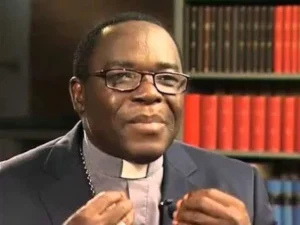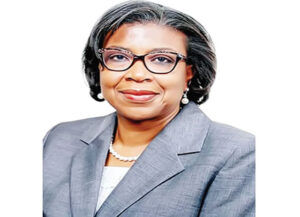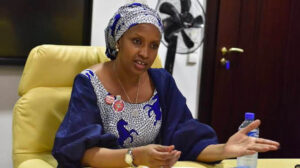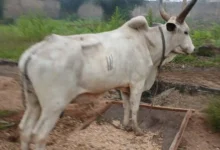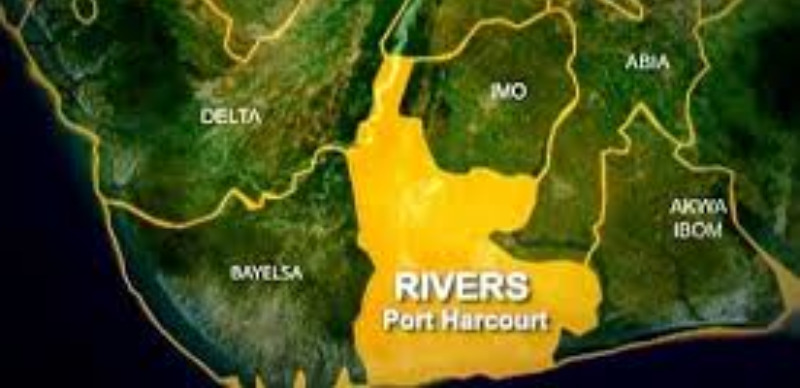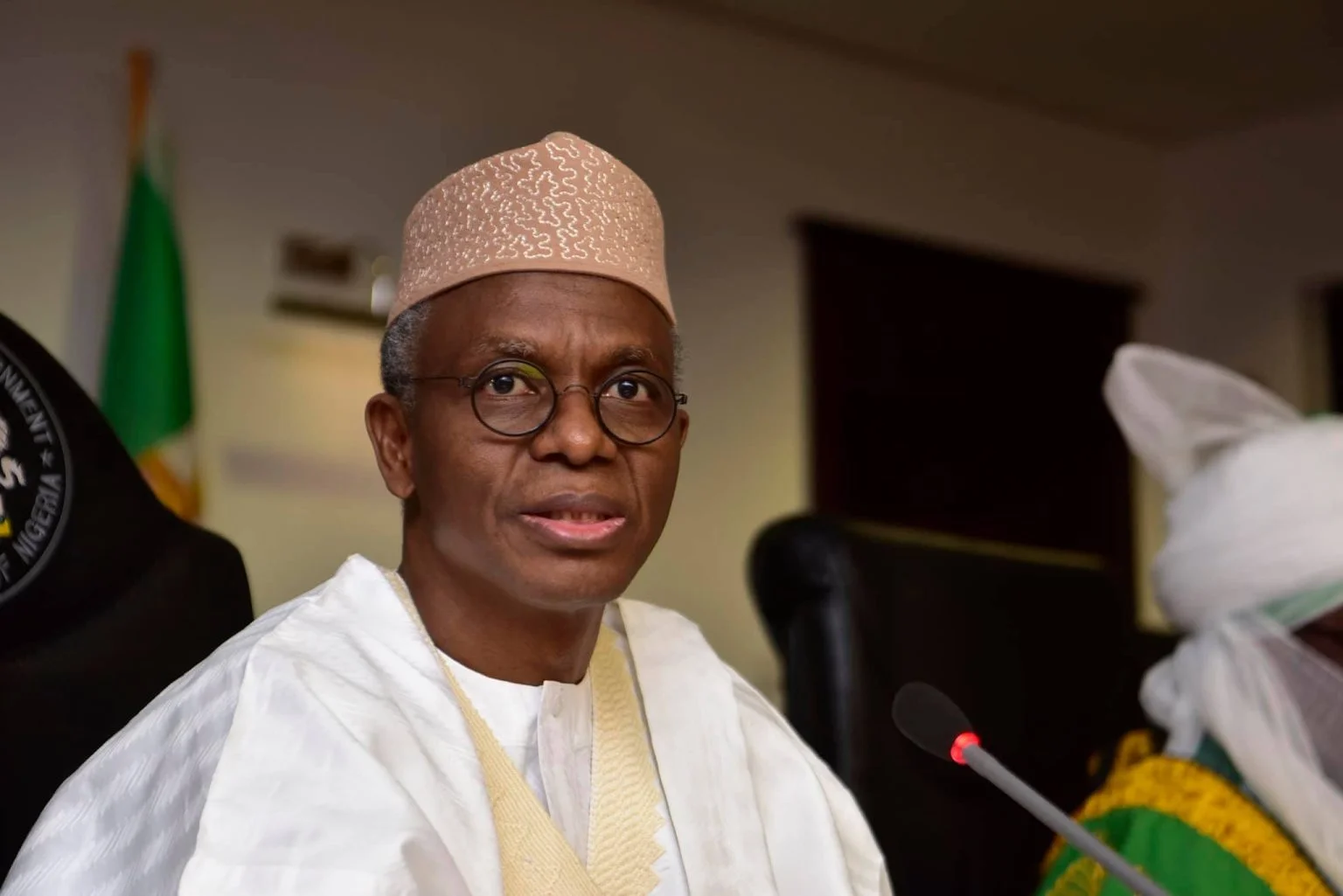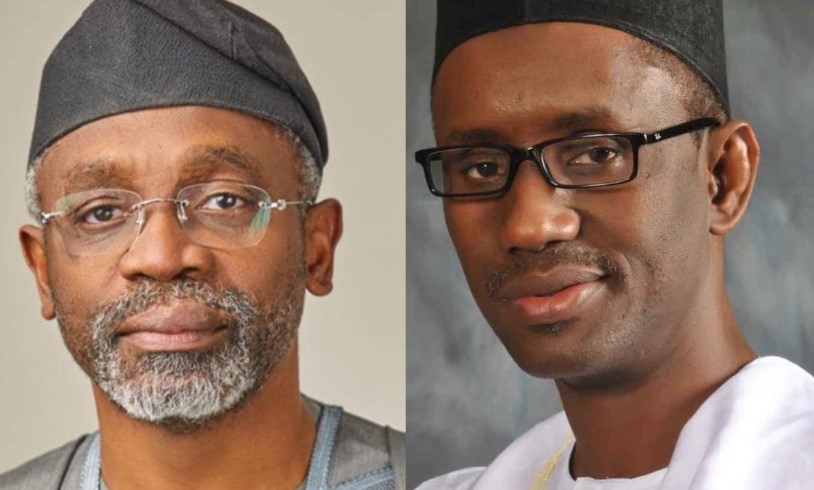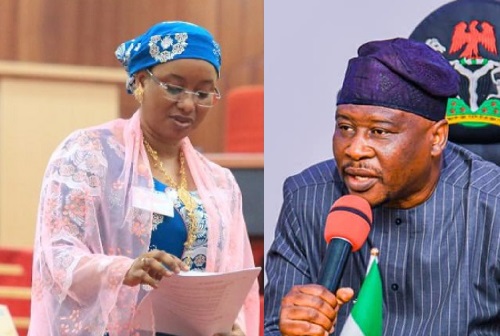Facts on how 2023 presidential poll was won and lost – Opinion

Despite how passion and emotion have run high and even continued to run on the outcome of the presidential elections held on February 25, the mathematics and politics of why the Peoples Democratic Party and the Labour Party candidates, Atiku Abubakar and Peter Obi respectively including others lost are evidently palpable. Even as judicial interventions are widely expected on the matter, the law, no matter how dispassionate it is or would be, cannot insulate itself from the mathematics and the underlying political implications of the poll outcome.

In simple mathematical terms, had Abubakar and Obi who ran on a single ticket of the Peoples Democratic Party in 2019 and polled 11,262,978 votes or 41.22 per cent have not allowed ambitions to tear them apart, they would have easily won the 2023 presidential poll. Their separate votes of 6,984,520 and 6,101,533 on their political party platforms of the PDP and LP respectively would have collectively yielded a total of 13,086,103; a handsome incontrovertible number which would have comfortably given them an unquestionable electoral victory.

The candidate of the ruling All Progressives Congress, Bola Tinubu, declared winner in the presidential poll by the Independent National Electoral Commission with his total vote of 8,794,726 would have trailed behind. Unable to stick together to confront the ruling party whose fortunes were on a free fall for combinations of several reasons, including turncoat, desperately undermining their party from within, Abubakar and Obi attracted to themselves a well-known misfortune and traditional bogey of opposition parties, who almost all the time, fall when divided.
By the 2019 election when they polled 11 million plus to the incumbent’s 15 million plus, the incumbent president was on the ballot, and the ruling party’s goodwill was still holding to about 50 per cent. But in the build-up to the 2023 presidential election, the ruling party was flat on its belly in terms of goodwill. Ironically, the presidential candidate of the APC and now President-elect, Bola Tinubu, has been pushed out from the party’s mainstream which narrowed down to a tiny powerful clique within the government, that was not only isolated from the broad sentiment of power shift within the party but radiated arrogance and insensitivity. But in the party primary and presidential elections, Tinubu, who some northern governors, about 12 of them, stood for by daring the “presidency cabal,” acquired a reputation as a credible opposition to both their party and government. Even Atiku and Obi at a point entertained some illusions that either of them could be adopted by the powerful clique, who in desperation, were believed to be behind the toxic and vindictive naira design, ostensibly designed to make the ruling party candidate stumble and fall. In the face of the massive dislocation of lives of some Nigerians, arising from the currency design, Obi and Atiku stayed ambivalent and probably hoping to profit from the goodwill of those that instigated the naira design mayhem, while only the ruling party and its candidates stood in firm opposition to the measure. For the avoidance of doubt, there is nothing in the naira design measures that comes near a policy. It was last minute political vendetta aimed at scuttling the electoral process or at best, to make the ruling party candidate lose the election.

The fact that the naira design and its component of the withdrawal of the old notes fell apart, soon after the election demonstrated unambiguously that its purpose was narrowly focused on politics.
Plainly speaking, had Abubakar and Obi managed to hold together and hold in check, their respective ambitions that tore them apart, both the geo-political and ethno-religious sentiments prevailing in the country were overwhelming on their side. The South-East which has always been the traditional base of the PDP dramatically went to the LP. Obi and his LP dutifully harvested the widely shared sentiment in the region of “our turn.” Whatever became later of the hurricane of the Obidient movement was triggered by regional and ethnic sense of entitlement, which in itself, is not an aberration and it was in that regards that Obi backed out of the PDP nomination, in conforming to the mainstream position in the South-East, that the region will not play the second fiddle. The Obedient movement, mostly powered by social media activism, promoted as pan-Nigerian secular movement attested to its origin and its limits, when the electoral chickens came home to roost after the elections. If our recent history is a guide, the LP and its candidate’s stridency is not entirely new. In 2013, the APC was created after merging with Congress for Progressive Change, Action Congress of Nigeria, a faction of the PDP, the All Progressives Grand Alliance and eventually won the 2015 presidential poll which produced President Buhari, who had previously lost two elections. Despite not being powered by social media activism; the CPC was even a more formidable hurricane.
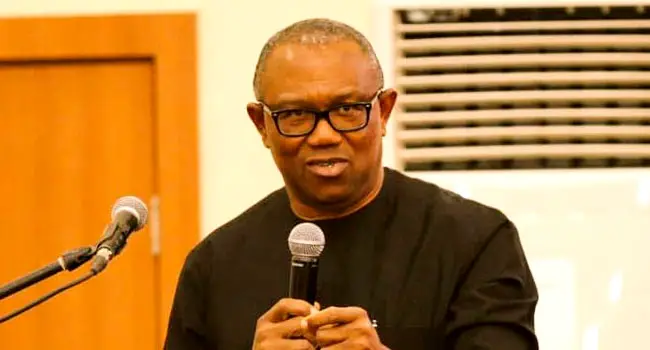
Without a credible political interlocutor in the South or more specifically, the South-West, the CPC failed to make any inroad to other parts of the country, except the North. In the 2011 presidential poll, Buhari of the CPC polled 12,214,853 votes or 31.97 per cent of the total votes and still fell short of the 22,495,187 votes that gave the candidate of the ruling PDP, Jonathan Goodluck victory. When the next governorship and state assembly polls were held later, the CPC managed to win only one state, Nasarawa in North-Central.
In a similar political diminutive vision, the LP presidential candidate chose a running mate, a northern entrepreneur with little or no grass-root political appeal and who even lost his polling unit. As Buhari had no credible political interlocutor to the South in 2011, Obi’s electoral hurricane simply hit a brick wall going northwards and the little wind left in its sail lost steam by the time the governorship and state assembly elections were held three weeks later. As its historical parallel partner, the CPC, the LP took only one state, Abia, in the South- East. Following its poor electoral showing, the party reinvented itself and in 2015, what the CPC lacked in organisation, geopolitical spread and resources, it dutifully found in the grand merger with other three political parties along with a dissident faction of the ruling PDP and the rest is now history.
After the CPC hurricane blew feverishly and faltered, leading to the ‘weeping’ of candidate Buhari, he quickly realised that neither the cult following of his fanatical supporters nor his reputation as a nonsense army general was enough to deliver an electoral victory on a national scale. The LP, its presidential candidate, Obi and their allied obedient movement should never ignore the instructions of the lessons in the rise, fall and transformation of the CPC. It is either the party plants itself firmly in Kaura Namoda, Daura, Dustima and other northern communities or seeks alliance with parties having credible engagements in these areas or continues basking in the illusion that zealous following with a considerable dose of political rudeness will translate to electoral success.

For the PDP, it let pass its finest political and electoral hour. It only sacked its former National Chairman, Iyorchia Ayu, after it had lost the election, when it would have approached the election as a united party, accepted demands of its dissident five governors, who not only distracted the party but also undermined it from within. If these five governors did not add to the party’s fortunes, at least they would not have openly subtracted from its electoral fortunes.
Advertisement
The camp of the president-elect has openly admitted that, had the splinter Abubakar, Obi and the presidential candidate of the New Nigeria Peoples Party, Rabiu Kwankwaso, joined forces as they did four years earlier in 2019; winning for the APC would have been an uphill task, if not an outright impossibility. Except for the purpose of keeping the political space noisy and to maintain adversarial posture of opposition parties as the alleged substance of liberal democracy, it is not really far-fetched on why and how the 2023 presidential election was won and lost.
Onunaiju sent this from Abuja via onunaiju2005@yahoo.com
Punch

